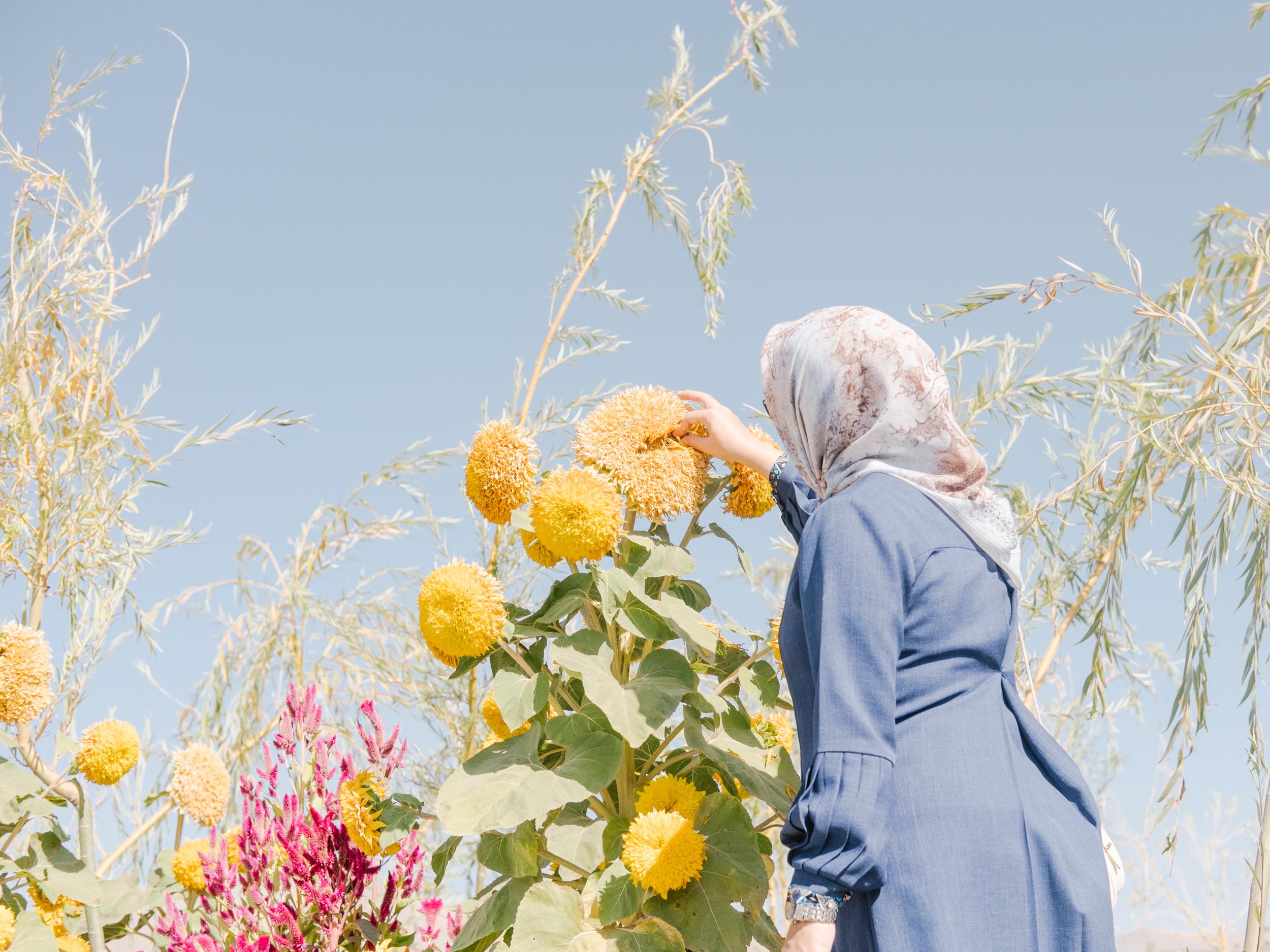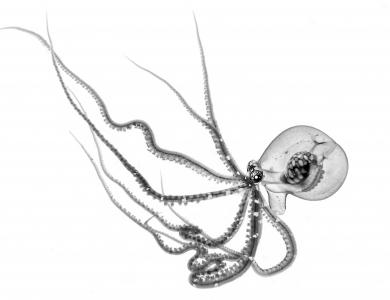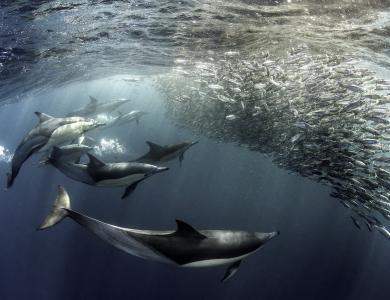
While commissioned work might have dried up over the past six weeks or so, we're being told time and again that now is the ideal opportunity to pursue those personal projects. Here at the World Photography Organisation, we agree that in many ways we can see this uncertain time as an opportunity to slow down, reflect and focus on what we want to produce.
Starting (or maybe you're now six weeks in, almost finishing) a personal project is both pleasing and a relief. Finally! No more nagging from that not so little voice in our heads about getting back in touch with our creativity. Yet sometimes we all need a respite from working on a single piece of work. There's a point during a project's creation - like in any artistic endeavour - where one can get a little obsessive. The piece can take up all of your thinking space and in turn feel a little limiting.
It can be interesting then, and supremely liberating, to take a break from the bigger projects and enjoy smaller tasks. Below you'll find a few shorter activities we hope you find satisfying, useful and challenging. Who knows, perhaps one of the suggestions will open up a new way of thinking you've been unconsciously looking for and will feed into your personal work.

DRAW
Pick up a pencil (the permanence of a pen might be a little too daunting at first!) and draw what's in front of you. This could be a vase of flowers, the view out of your window or a bowl of fruit. Keep things simple at first. This is a great way to train your eye, photography is all about seeing – and anticipation – after all. Try and produce one drawing a day for a fortnight - we reckon you'll be amazed by how much better drawing 14 is to your first sketch.
WRITE
Adding words to your images can refine a concept - make sure you read our tips on writing here. You might not wish to include any text to your photo projects, so why not write a diary? We're living at a historic time and could be something you'd like to revisit creatively in a few years time. Having a record of your thoughts, feelings or a general change in day-to-day life will always be of interest. Or you could even use existing text. Newspaper articles, letters, printed screenshots of social media conversations might be interesting - think about William Burrough's cut-up technique and Erica Baum's exquisite collages.
LOOK THROUGH YOUR ARCHIVES
You don't always have to take new pictures to create a project. Take a look through your image libraries and look for connections and themes in your work. Grouping images you took 15 years ago with those more recent pictures could teach you something new about how you shoot. Take a look at our top tips on the power of a good image edit here.
REFRESH YOUR PORTFOLIO
While you're looking through your archives why not think about refreshing your portfolio? You could consider creating different folios for different clients. You might want a particular curation for a commission related to a brand's Instagram campaign to pitching a feature for a leading magazine, for example. Is there a way your portfolio can be more than just a static PDF? Really think about how you can capture future client's attention.
BACK TO BASICS
Setting achievable goals and fulfilling them is sure to boost our mood during this time of uncertainty. When you go out for your daily walk, why not set yourself the challenge of shooting 10 images on your smartphone that tells the story of your journey? Building a narrative is a key skill when creating any body of work. Take a read of Jasper Doest's fascinating interview on narrative in wildlife photography.
CATALOGING YOUR PHOTOBOOKS
How do you navigate how you absorb content? Think about how you might want to reorganise your bookshelf with your cherished photobooks. Rather than alphabetical order could the books be grouped by theme? Or a particular art movement? While you're reorganising your books, could you log them on a spreadsheet and enter a few words you relate to the book? It could help with future research.



